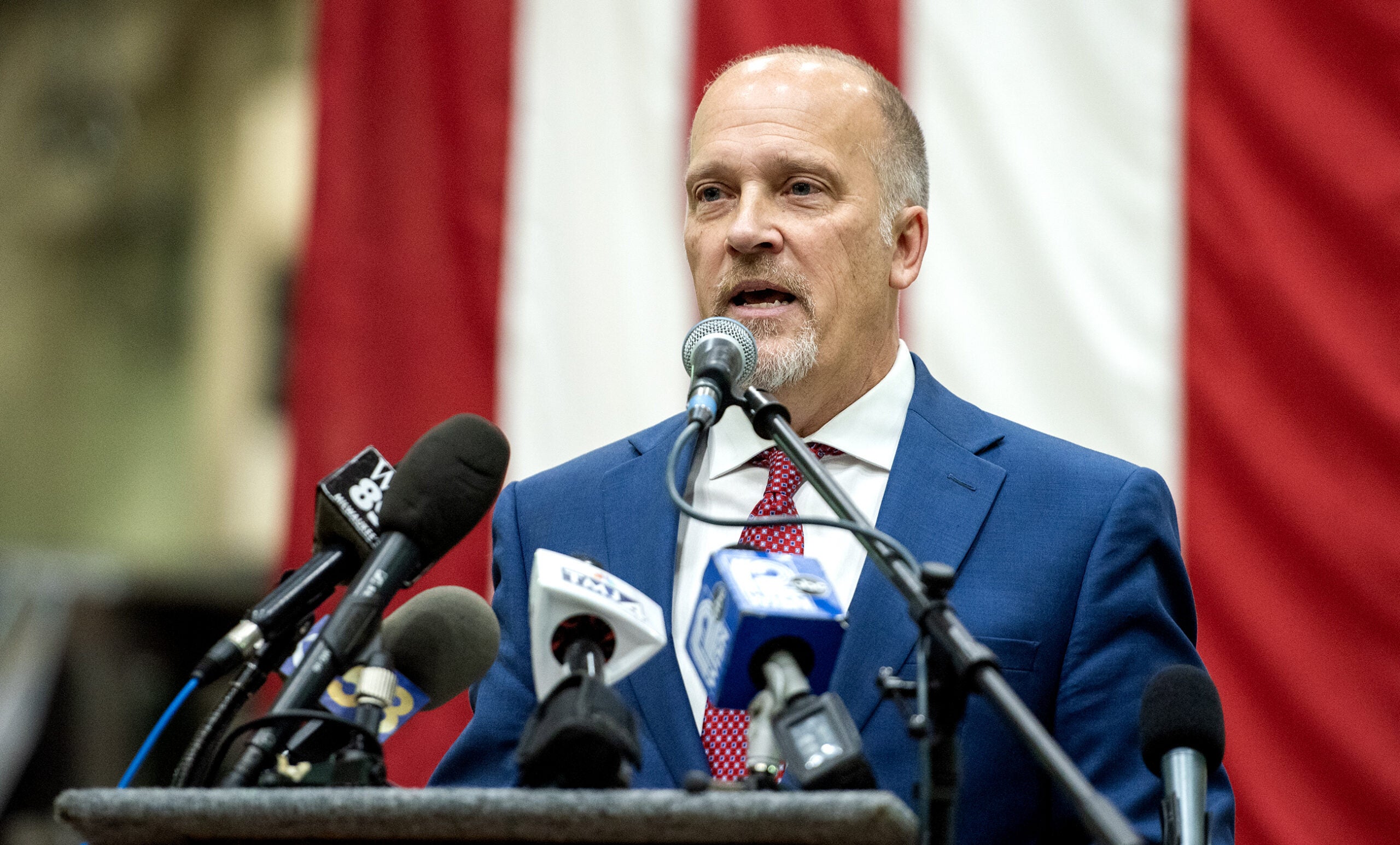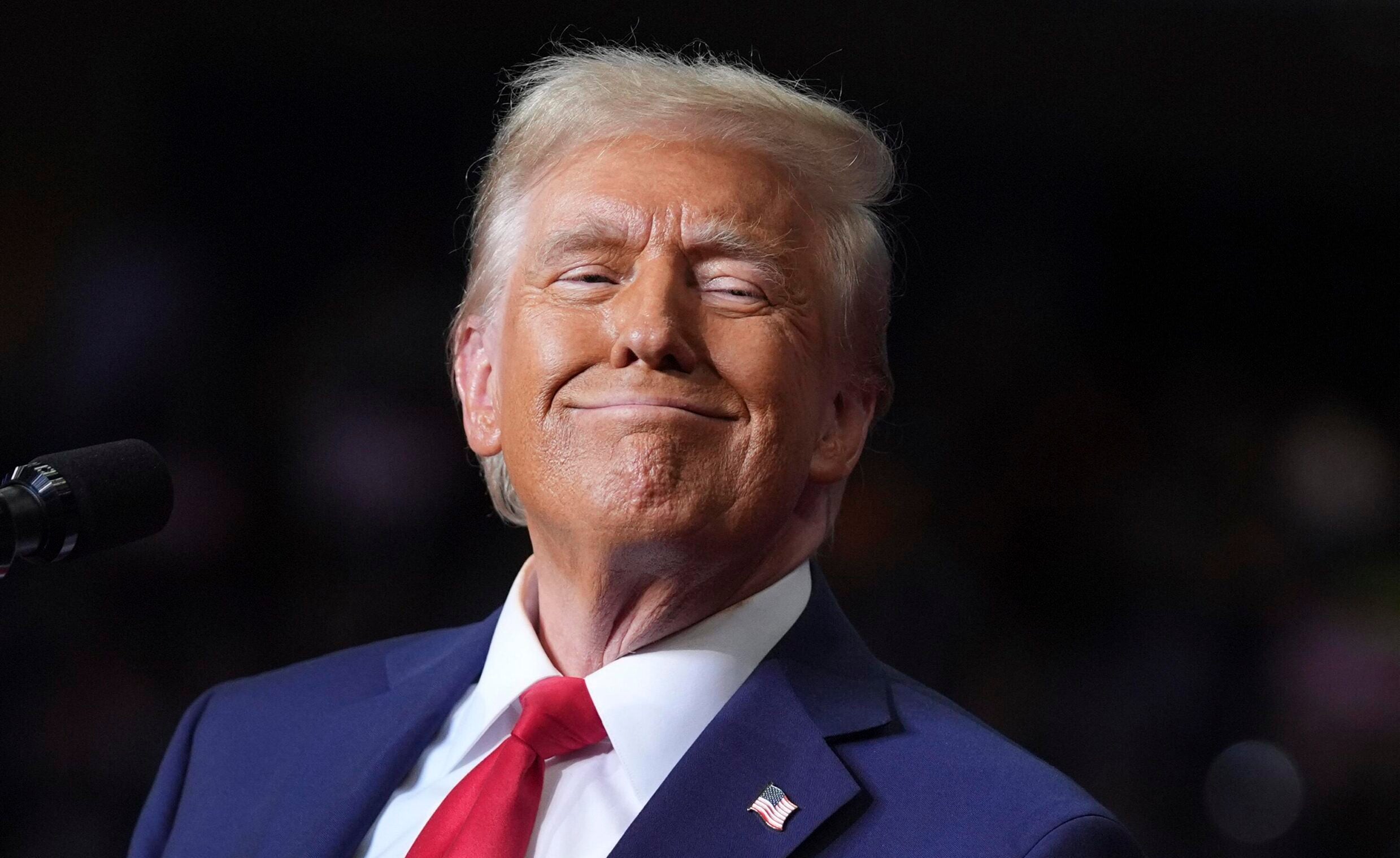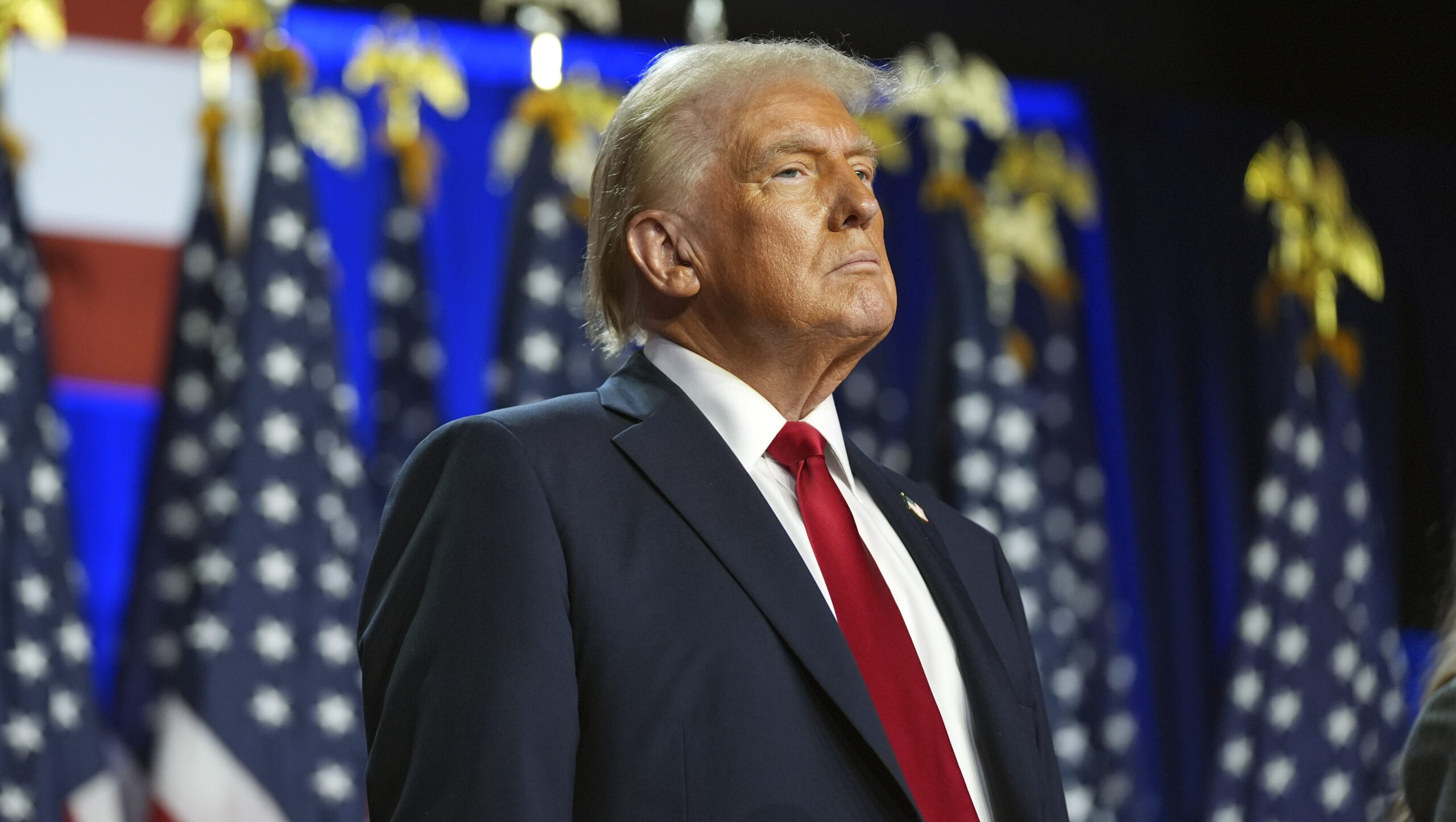With the Presidential Race heating up, the Democratic candidate’s charitable organization was a point of scrutiny. Our guest takes a look into the Republican candidate’s charity, the Trump Foundation. We also talk to a political reporter about how the presidential race is playing out in Wisconsin.
Featured in this Show
-
The Presidential Race In Wisconsin
Wisconsin is getting a lot of attention just five weeks from the presidential election. Candidates and candidate surrogates are planning Wisconsin visits for the next few weeks, including Republican candidate Donald Trump, Donald Trump Jr., and Vermont Senator Bernie Sanders and Massachusetts Senator Elizabeth Warren. We talk to a political reporter about how the presidential race is playing out in Wisconsin.
-
Irregularities At The Trump Foundation?
A Washington Post investigative reporter shares his coverage of the Trump Foundation–and accusations of irregular activity.
-
Reporter: Some Of Trump's Financial Maneuvers Through Foundation Legal, Illegal
On Monday, the New York attorney general’s office ordered the Donald J. Trump Foundation to cease and desist all fundraising. The announcement came after Washington Post reporter David Fahrenthold reported several stories on the Republican presidential candidate’s personal charity and how it had failed to register properly with the state.
“I talk to people who have worked for the IRS or who have worked for private practice for years who say they have never seen a private foundation with this level of dysfunction and with this level of apparent violation of the law,” Fahrenthold said.
Fahrenthold’s reporting also found Trump hasn’t put his own money into the foundation since at least 2008 and it currently holds almost exclusively money donated by others.
“In New York State, which is where the Trump Foundation is headquartered, there is a law that says if you’re a charity soliciting money from the public, you have to register with the state, you have to obtain a special kind of registration, and you have to undergo regular, rigorous independent audits to make sure that you’re not squandering the money the public gives you,” Fahrenthold said.
Without registering as a charity, Fahrenthold said the Trump Foundation was able to operate without an independent accountant looking over its books making sure donations Trump took credit for actually matched outgoing checks, and, perhaps, even more egregious incidents of malpractice.
“And most importantly, was Trump using the money in the foundation to buy things for himself or to settle his businesses’ legal disputes — which he was,” Fahrenthold said. “If they had an audit earlier, those things might have been caught.”
Fahrenthold said Trump should have known better because his son’s charity, the Eric Trump Foundation, employs the same accountant from the same firm, and it’s registered with the state.
Monday’s cease and desist order is just the latest in a series of irregularities at the Trump Foundation, which include reports of an illegal political contribution in Florida, and indications Trump might be using foundation money for personal debts, legal settlements and to purchase items used for non-charity-related purposes.
Fahrenthold identified several cases in which the Trump Foundation purchased auctioned items that were then used for Trump’s personal use, including a pair of giant self-portraits that totaled around $30,000. Another involved a Denver Broncos football helmet autographed by former football standout Tim Tebow.
Even more potentially incriminating, said Fahrenthold, is Trump used his foundation’s money to payoff legal settlements involving his private for-profit businesses.
One example involves one of Trump’s clubs in Florida, which was fined $120,000 by the Town of Palm Beach for unpaid code violations. As part of the legal settlement, the town agreed to waive the fee provided Trump donated $100,000 to a charity. Trump’s private club didn’t pay anything; it was his foundation that stepped in to cover the gift, according to Fahrenthold’s reporting.
“You can’t do that,” said Fahrenthold. “The charity’s money is meant to help the charity’s aims. You can’t use charity to save your business money.”
Trump also appears to be collecting personal income through his foundation. Fahrenthold said Trump instructed people who owed him money, as much as $2 million, to forgo paying him directly and instead donate the amount to his charity, where, as a result, it would escape an income tax.
“Now you can do that, that’s legal, but it’s Donald Trump’s income for tax purposes,” Fahrenthold said. “If he earned the money and he determined where the money went, even if he doesn’t get it, it counts as his income, and he needs to pay income tax on it.”
Whether or not New York prosecutors will be able to build a criminal case against Trump remains to be seen. Fahrenthold said it will certainly be an uphill battle as defendants are able to effectively plead ignorance and escape conviction.
“It’s possible that this set of facts could give rise to some sort of tax evasion prosecution … But what (prosecutors) would have to prove is that he knew what he was doing was against the law and he did it anyway, and that’s a very difficult bar to pass,” Fahrenthold said.
Episode Credits
- Rob Ferrett Host
- Veronica Rueckert Host
- Amanda Magnus Producer
- Rob Ferrett Producer
- Polo Rocha Guest
- David Fahrenthold Guest
Wisconsin Public Radio, © Copyright 2025, Board of Regents of the University of Wisconsin System and Wisconsin Educational Communications Board.




